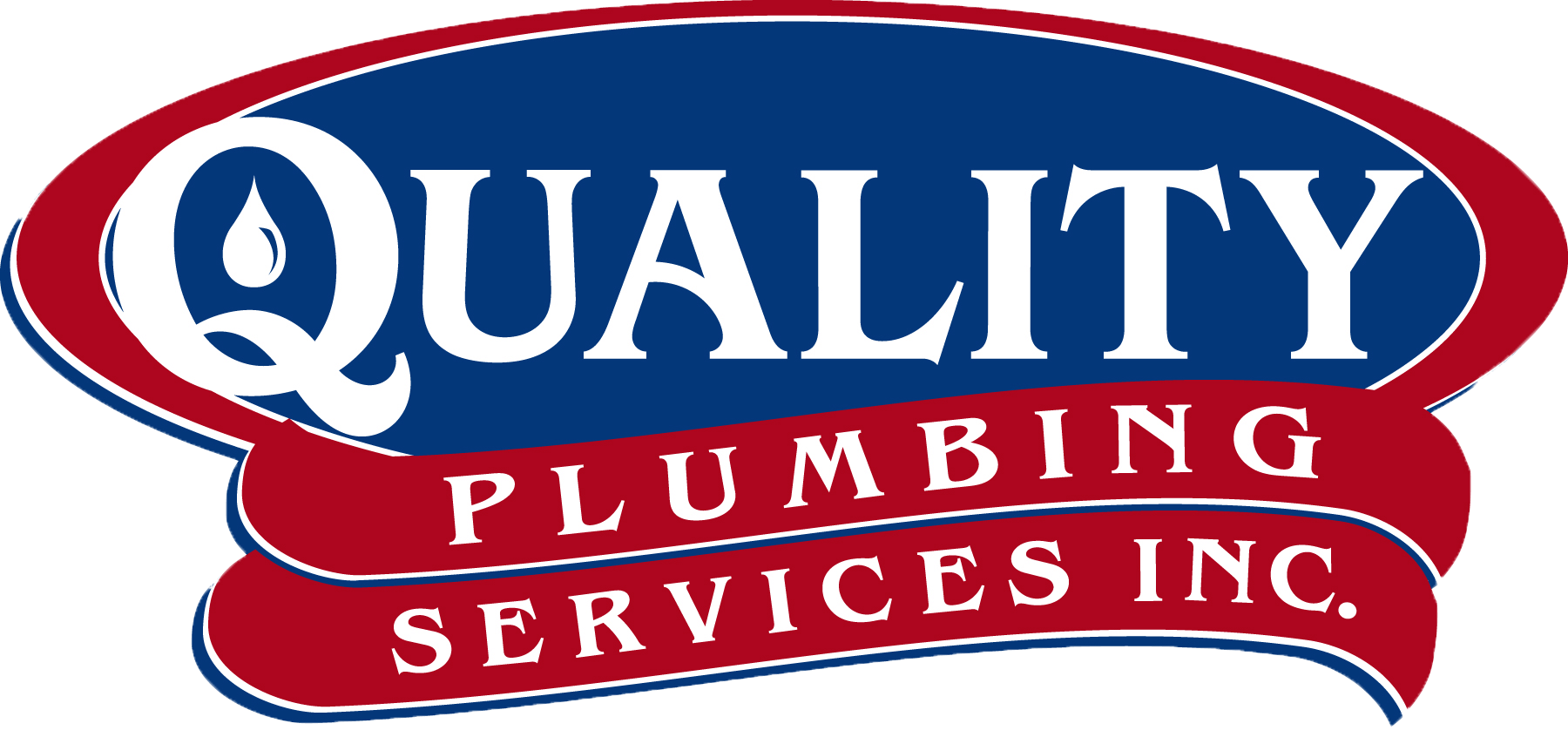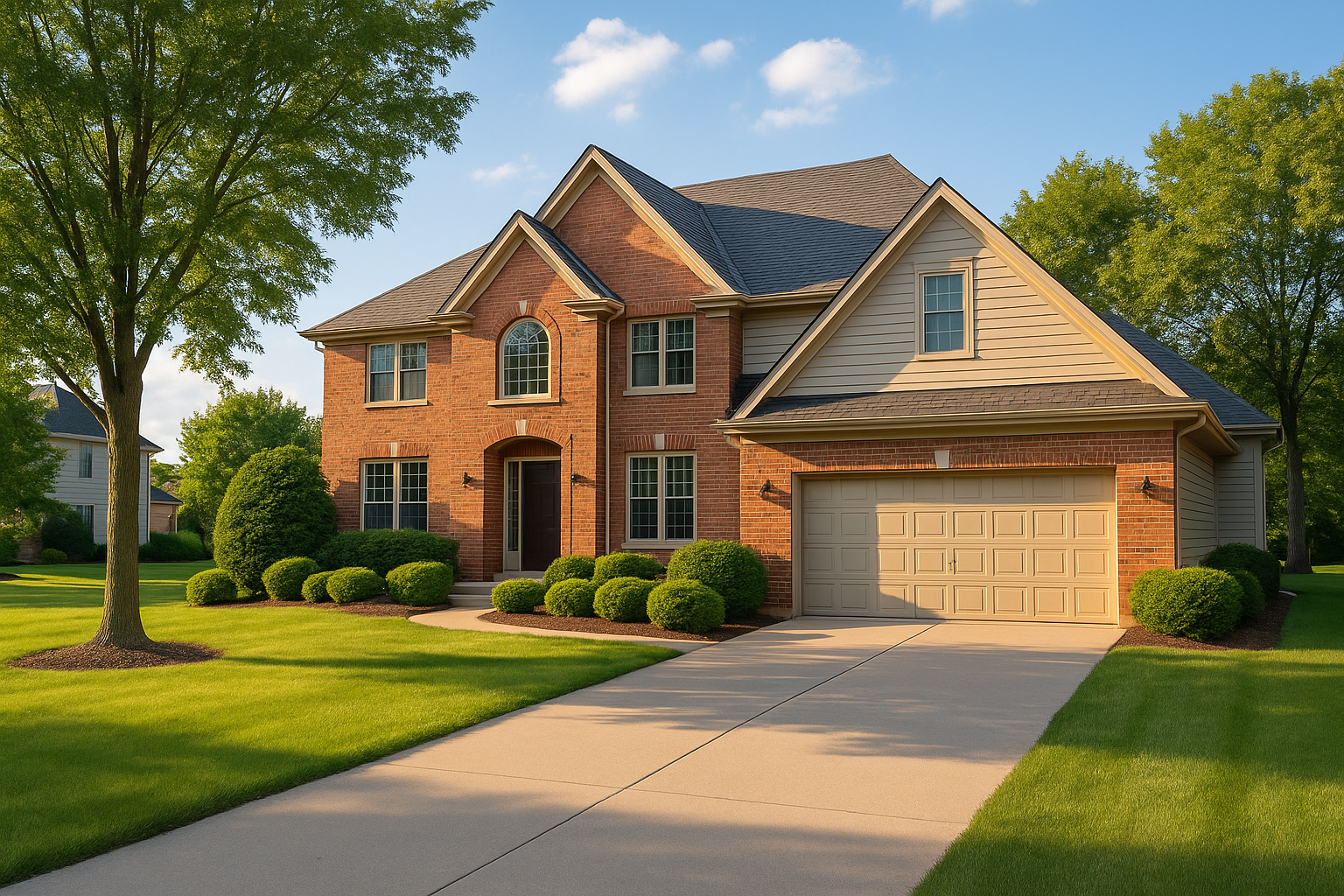The Importance of Maintaining Sump Pumps
Why Sump Pump Maintenance Matters
Rain, snow, or sudden thaw — your basement is always at risk without one key defender: the sump pump. Quietly working in the background, this essential system protects your home from flooding, mold, and structural damage. But when neglected, a sump pump can fail when you need it most — costing you thousands in repairs and water damage.
Whether you’re in Chicago, Arlington Heights, or the surrounding suburbs, sump pump maintenance isn’t optional — it’s critical.
Sump pumps are often out of sight and out of mind… until something goes wrong. When maintained properly, they keep your basement dry and your foundation safe. But if your pump clogs, breaks, or burns out? You’re left with soggy carpet, ruined drywall, and a serious headache.
Here’s what you need to watch for.
🚨 Warning Signs Your Sump Pump Might Be Failing
If you're asking, “How do I know if my sump pump needs maintenance?” — here are some common red flags:
1. Strange or Loud Noises
A low hum is normal, but grinding, screeching, or rattling often signals a jammed impeller or mechanical issue. A plumber can inspect and repair damaged parts before a full breakdown occurs.
2. Won’t Turn On
A stuck or faulty float switch is a common reason for pump failure. If adjusting the switch doesn’t solve the issue, a replacement unit may be necessary.
3. Running Constantly
If your sump pump seems to run non-stop, it could be:
- Undersized for your home
- Dealing with an unusually high water table
- Experiencing a malfunction
In these cases, an upgrade or additional sump pump may be needed — especially if your area gets heavy rainfall.
4. Foul Odors
Stagnant water inside the sump pit can create musty, sewage-like smells in your basement — often indicating pump failure or blocked discharge lines.
5. Vibration or Shaking
When debris enters the pump and damages the impeller, it throws the unit off balance. If your pump is vibrating excessively, it may be time for a full replacement.
6. Visible Rust
Rust might come from a corroded battery or harmful iron bacteria. Either way, it can clog your system and shorten its lifespan.
🛠 How to Maintain Your Sump Pump
Routine maintenance can extend your sump pump’s lifespan and give you peace of mind — especially during the Midwest’s rainy seasons.
Here’s a simple homeowner checklist:
- 🧽 Clean the pump every 3–4 months
Use a vinegar solution to clear debris and buildup from the pump and discharge pipe. - 🔁 Test the float switch
Pour a bucket of water into the pit. If the float rises and the pump turns on, it’s working correctly. - 🧯 Check the discharge line
Ensure the line is free of clogs and protected against freezing in winter. - 🔌 Inspect the power cord
Make sure the pump is securely plugged into a GFCI outlet and the cord is in good shape. - 🔋 Consider a battery backup
A backup system ensures your pump works even during power outages — which often happen during major storms.
🧼 Don’t Wait for a Flooded Basement
One of the most common questions we hear is: “How often should I have my sump pump inspected?”
Our answer? Annually, at minimum. And if you live in a flood-prone area or have a finished basement, twice a year is even better.
Your sump pump is your first line of defense against water damage — and it's far more affordable to maintain than it is to replace ruined floors and drywall.
Call the Sump Pump Experts in Northern Illinois
At Quality Plumbing Services Inc., we’ve been helping Chicago-area homeowners keep their basements dry and flood-free for decades. Whether you need a quick tune-up, a full replacement, or a backup system installed, our licensed plumbers are ready to help.
✅ Check out our outstanding Google Reviews to see why your neighbors trust us — rain or shine.

